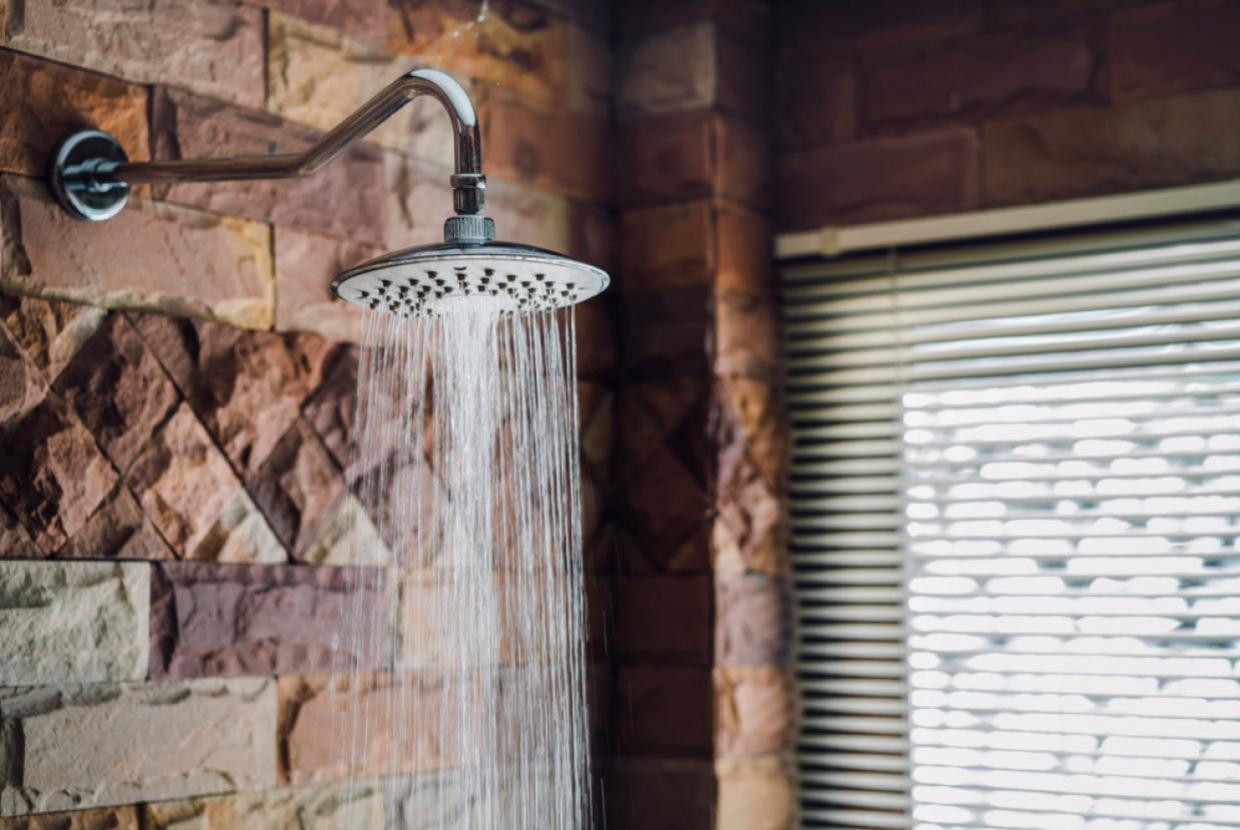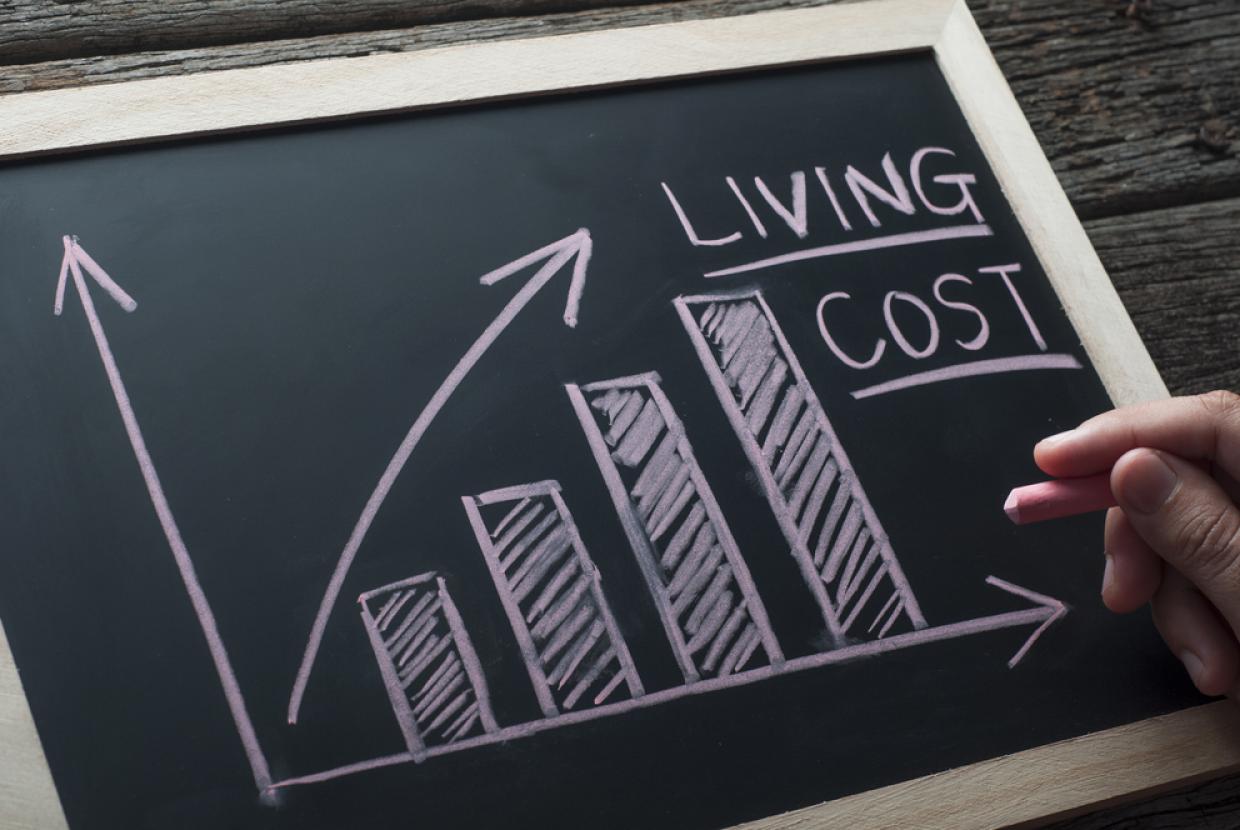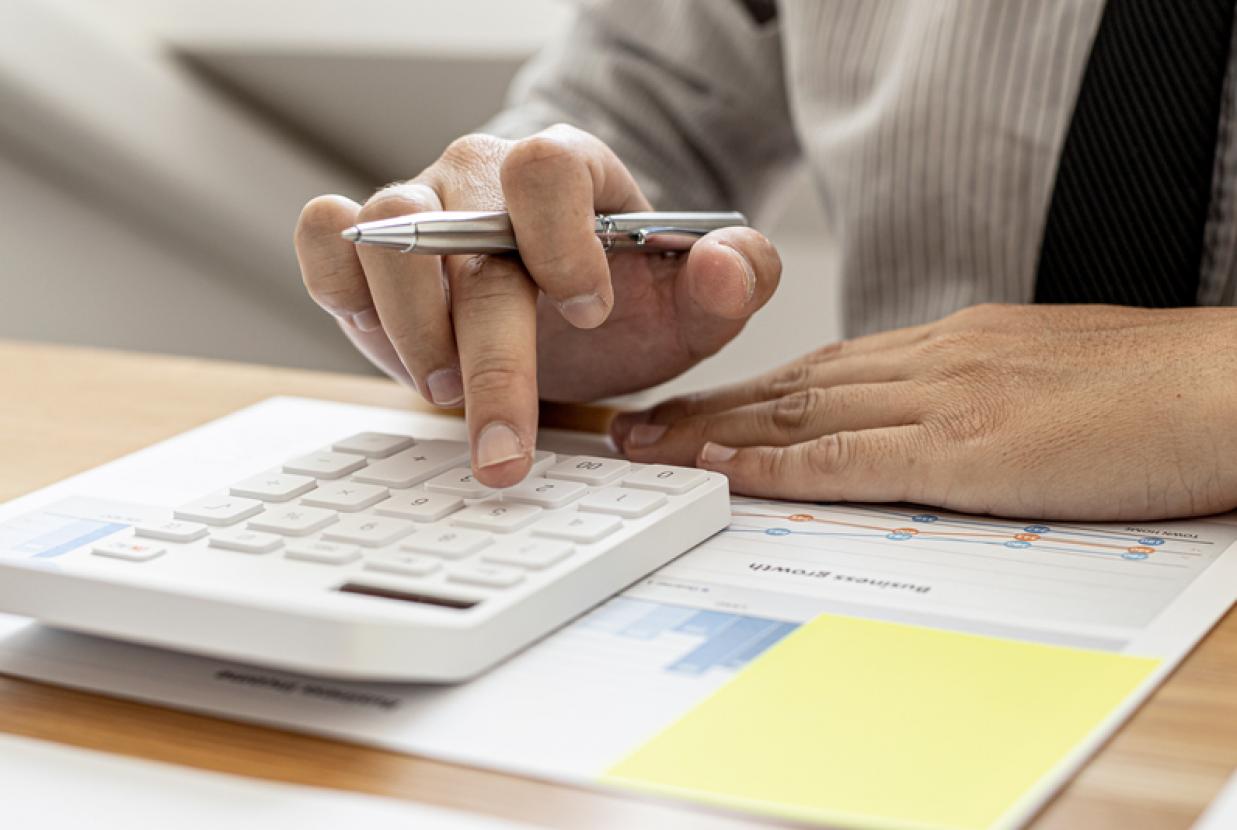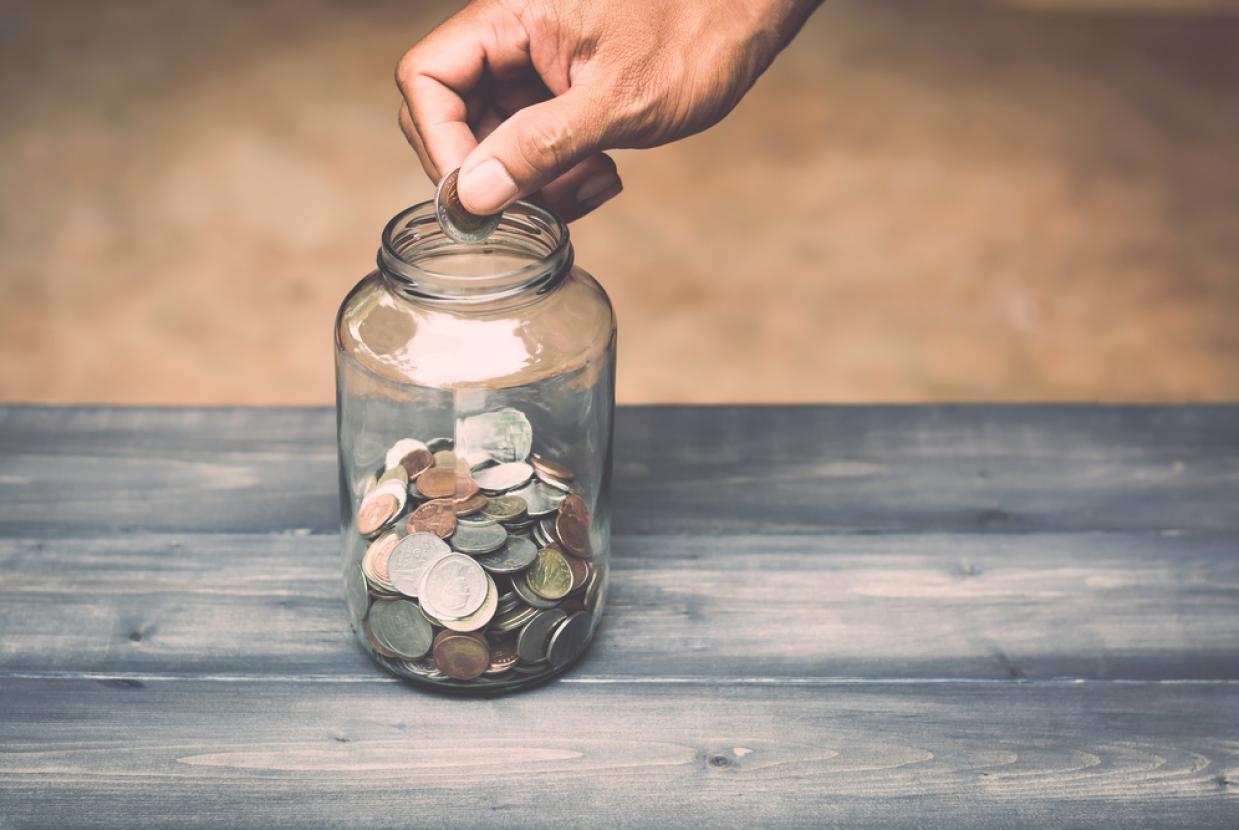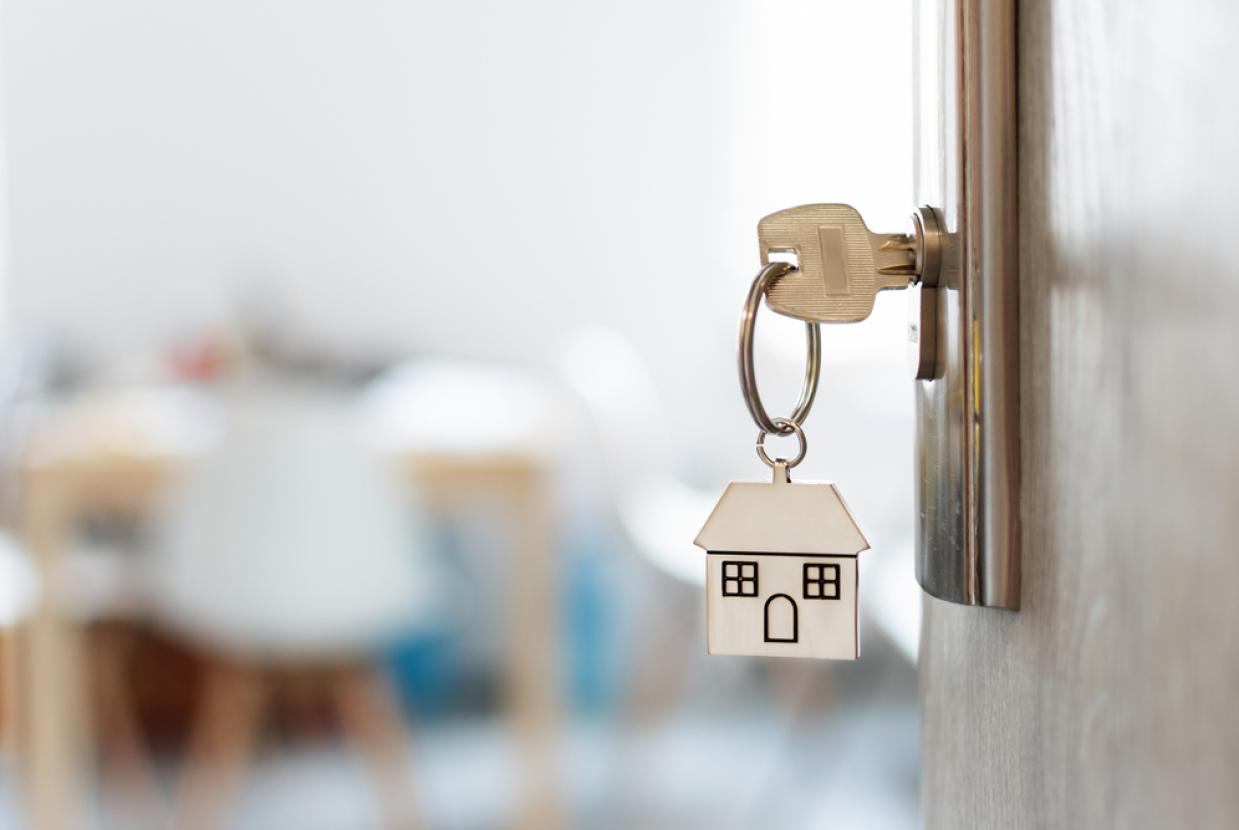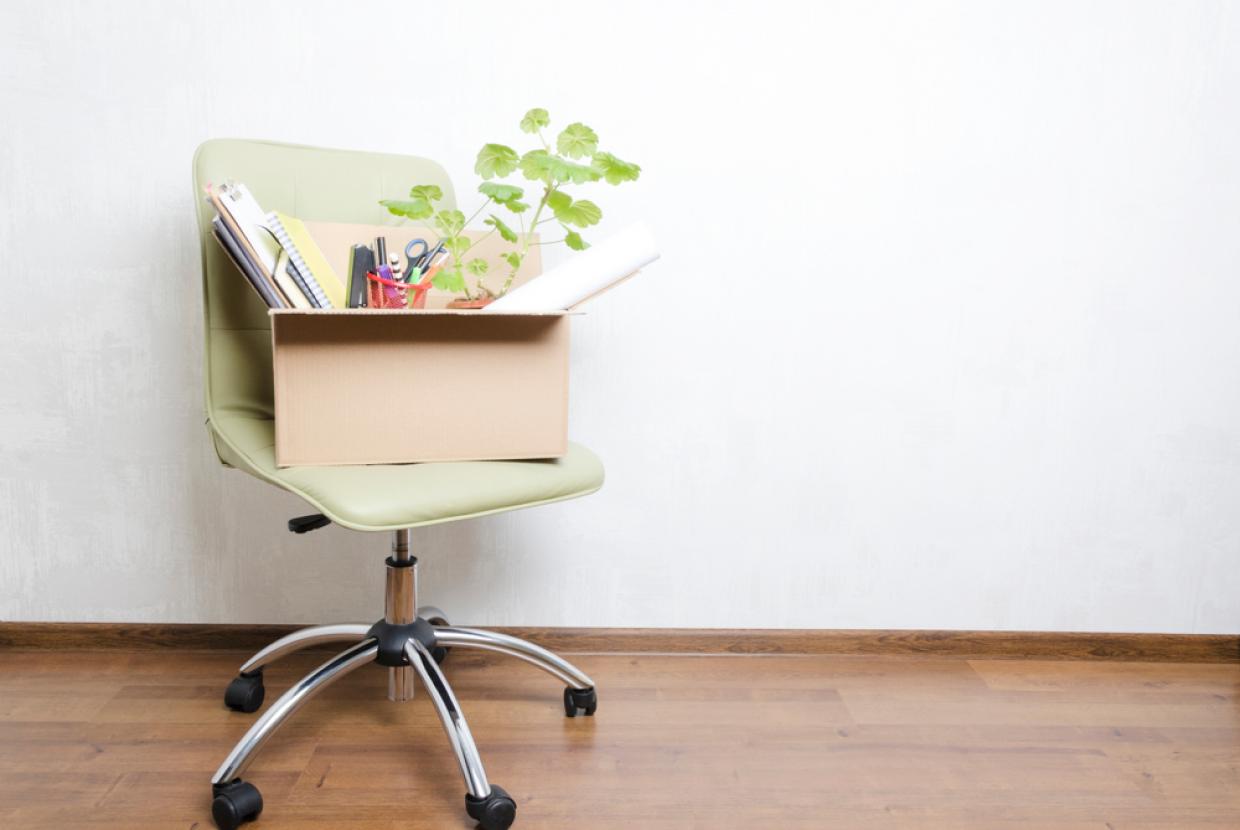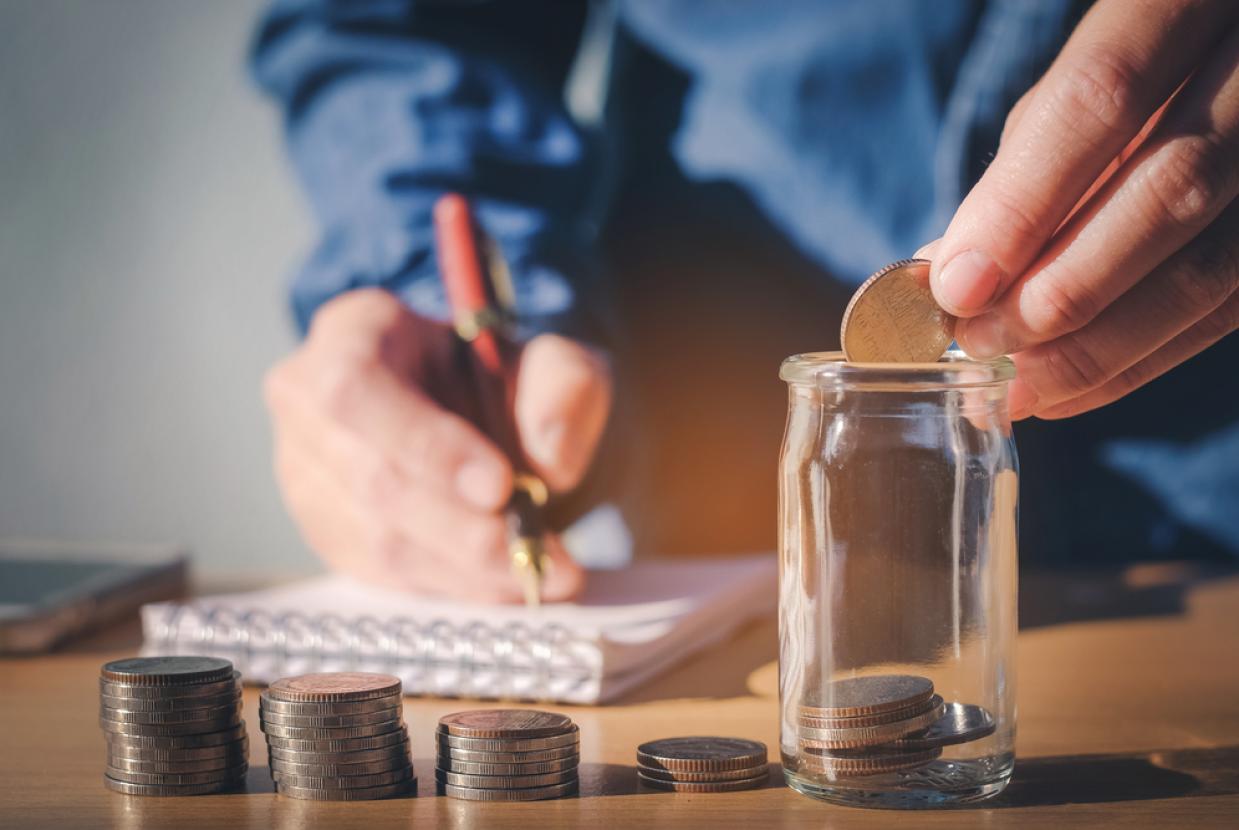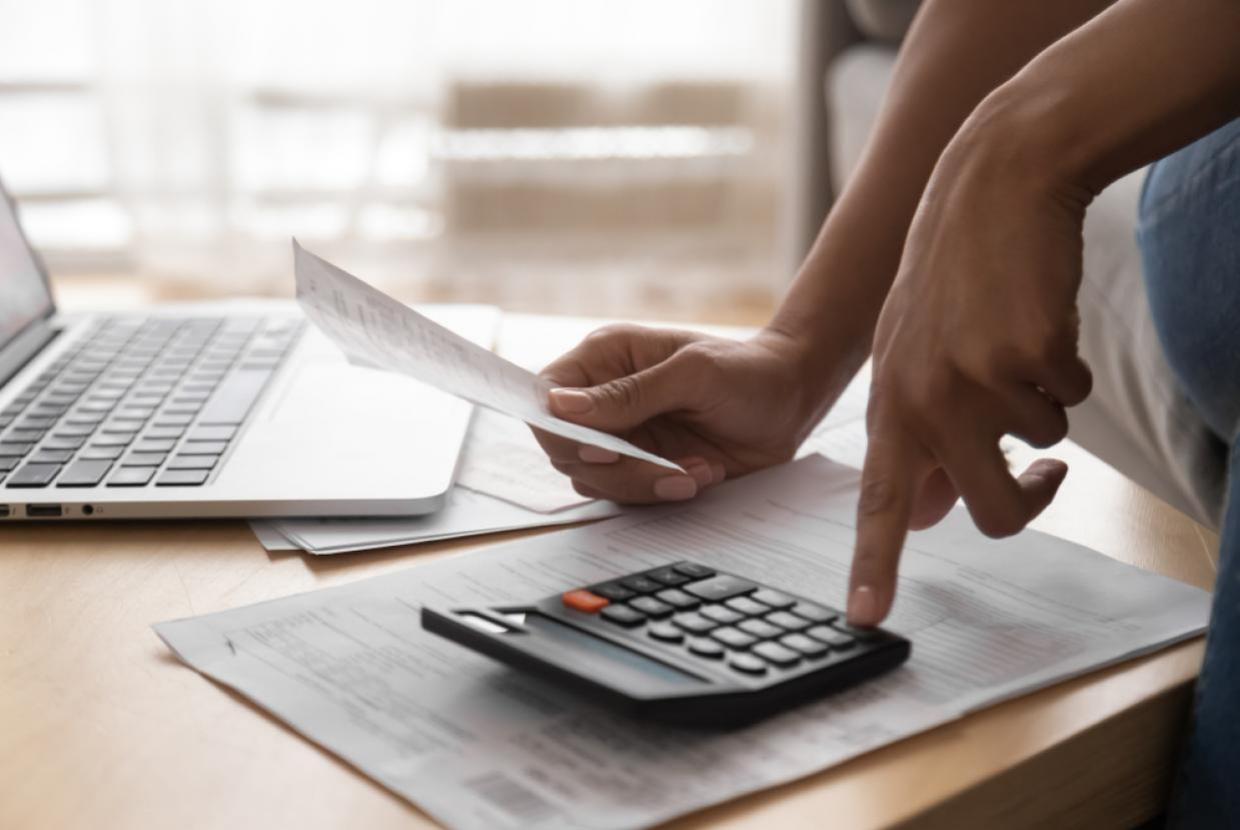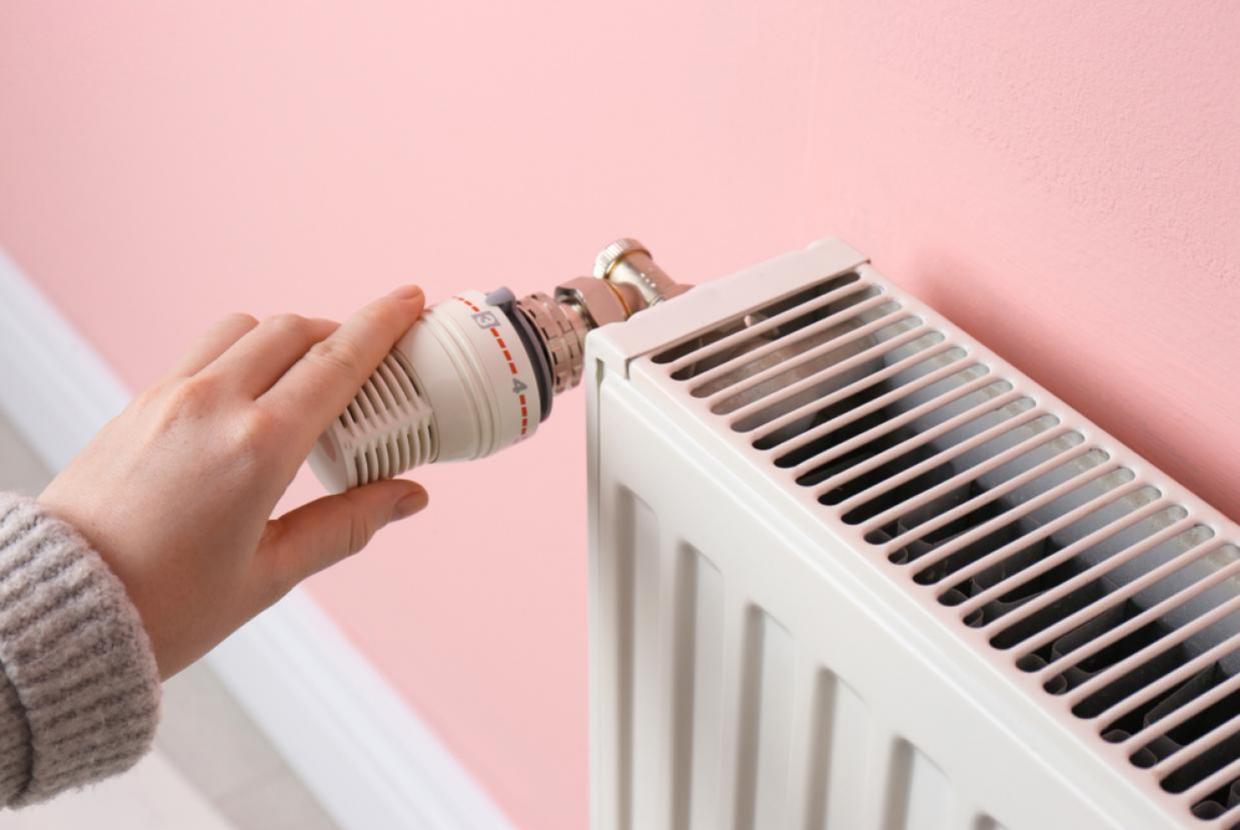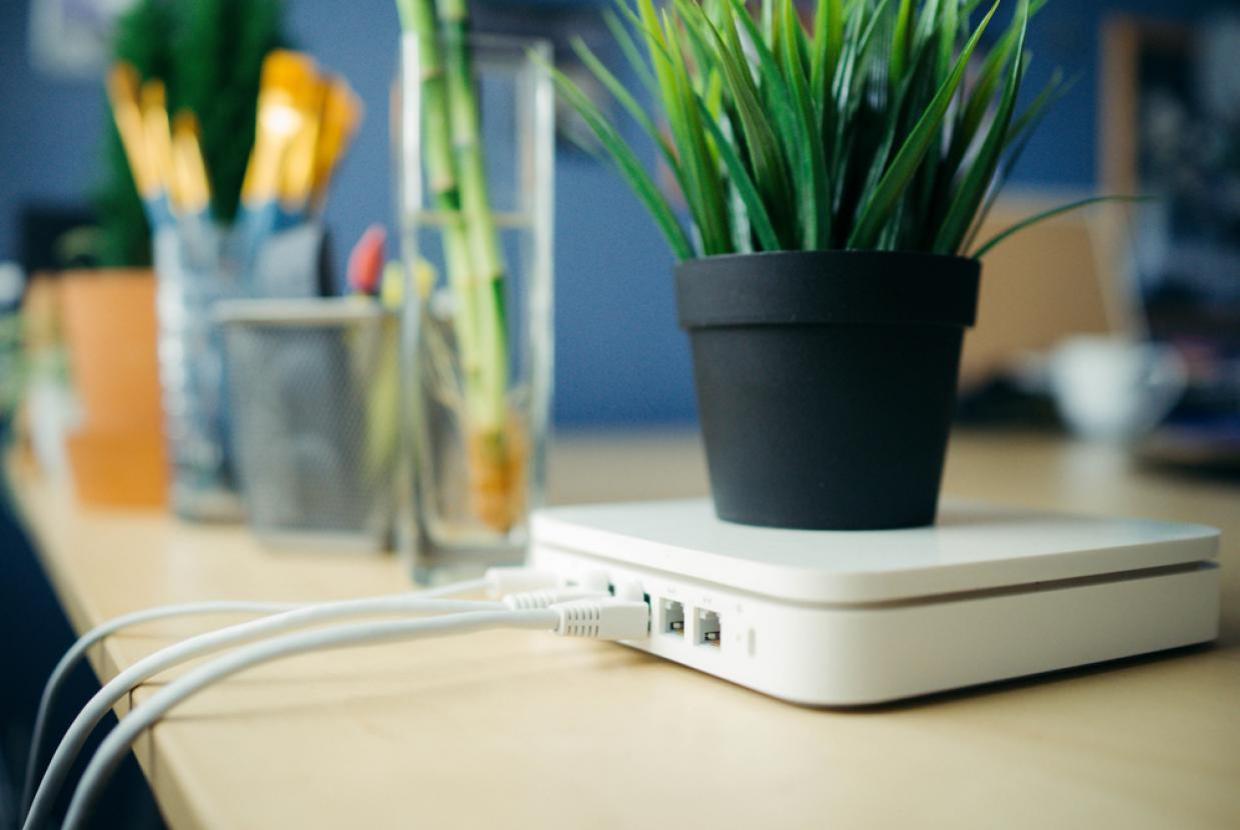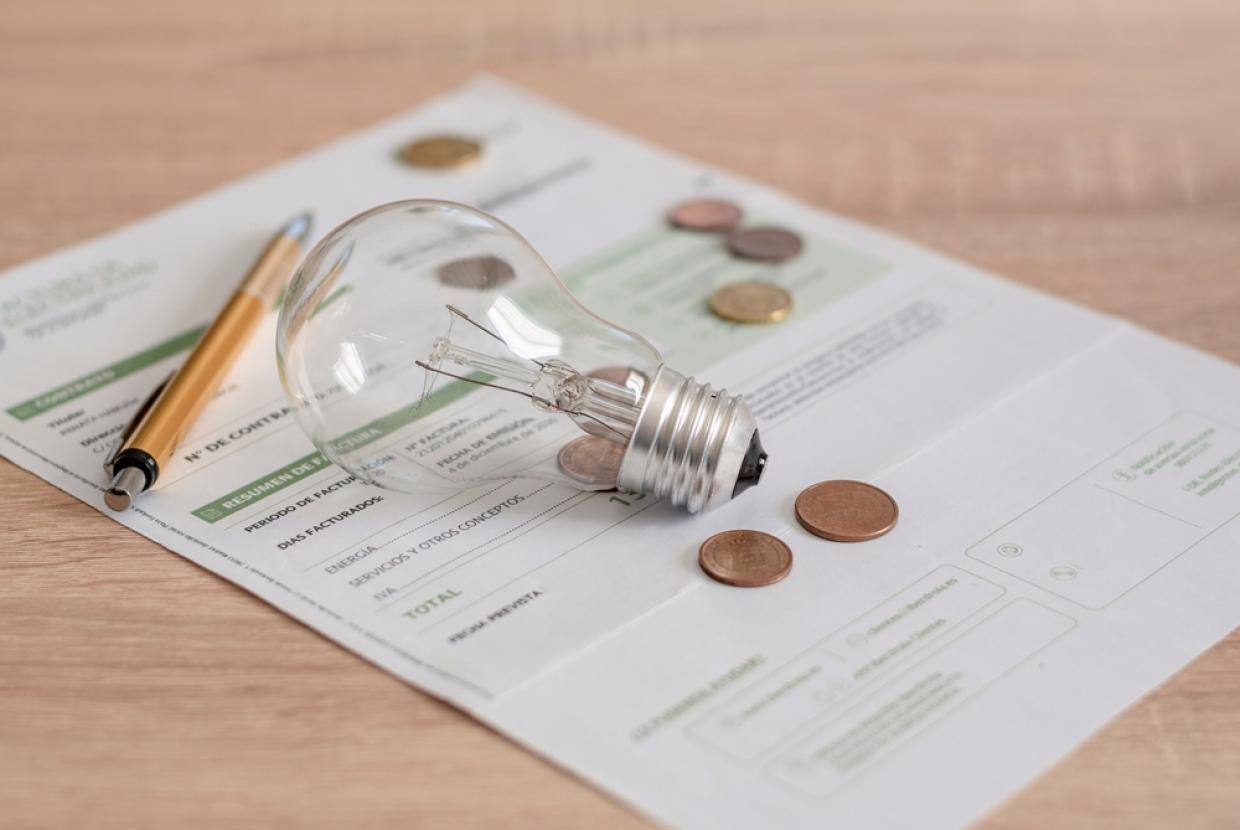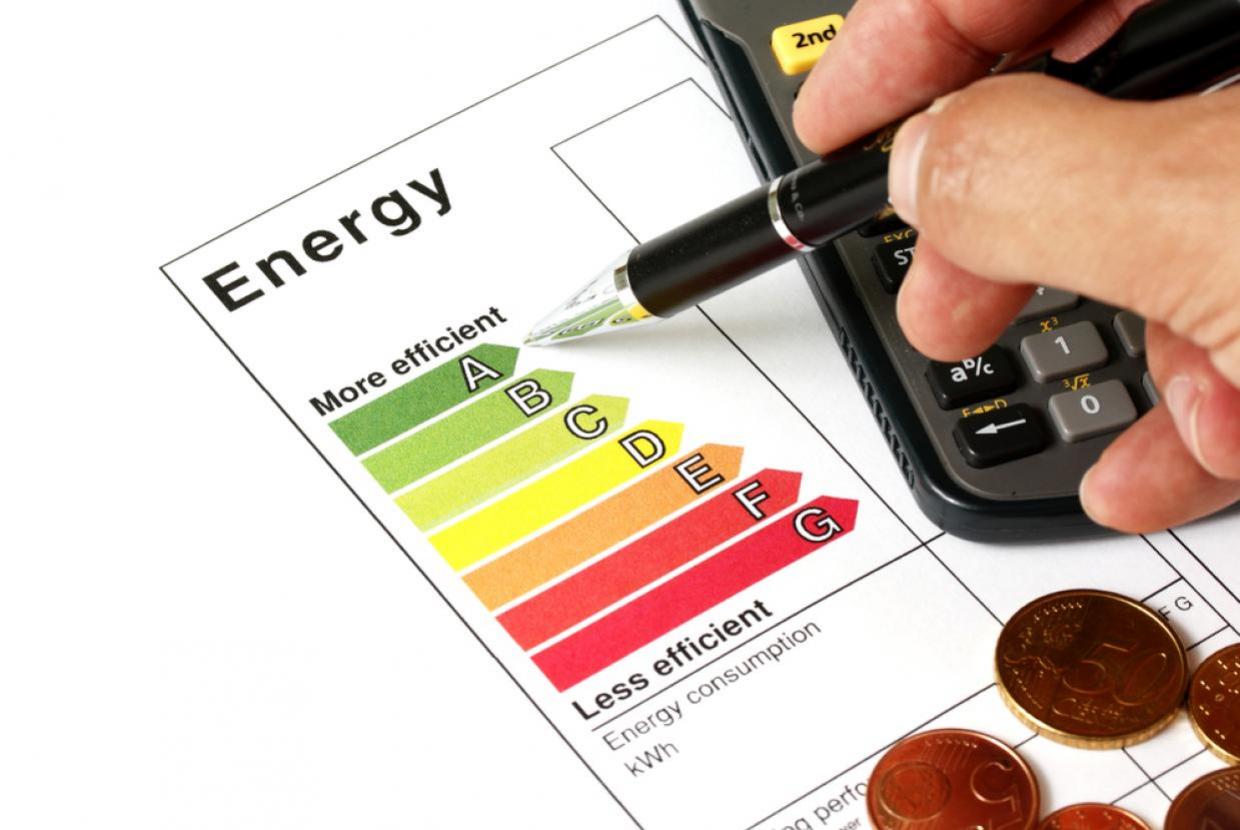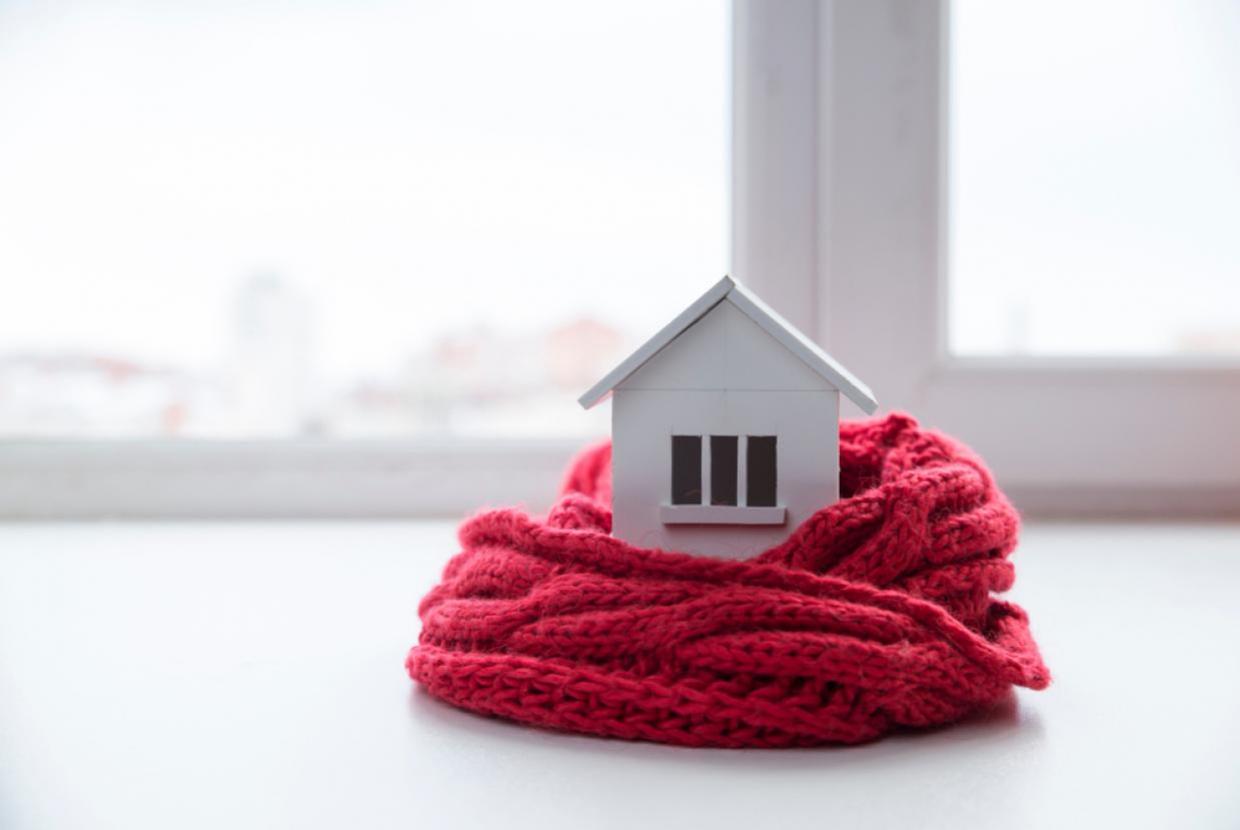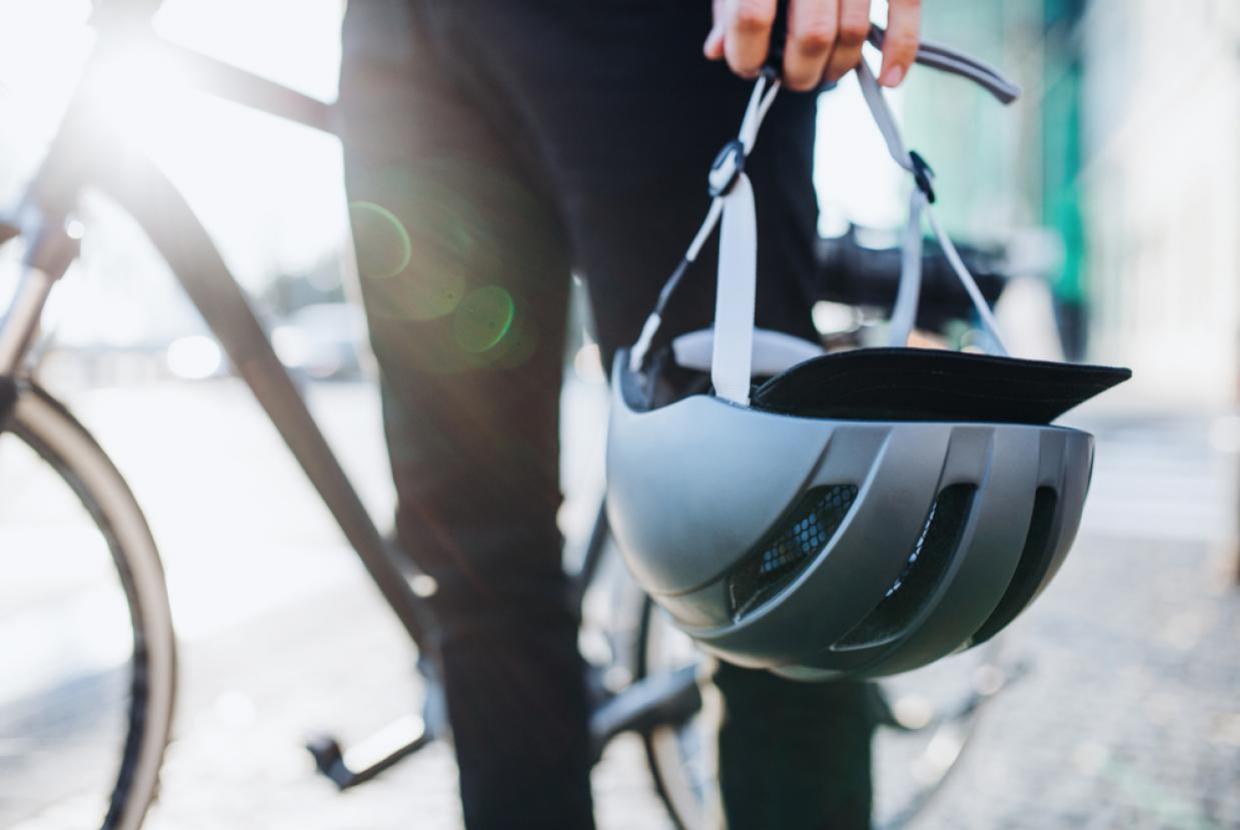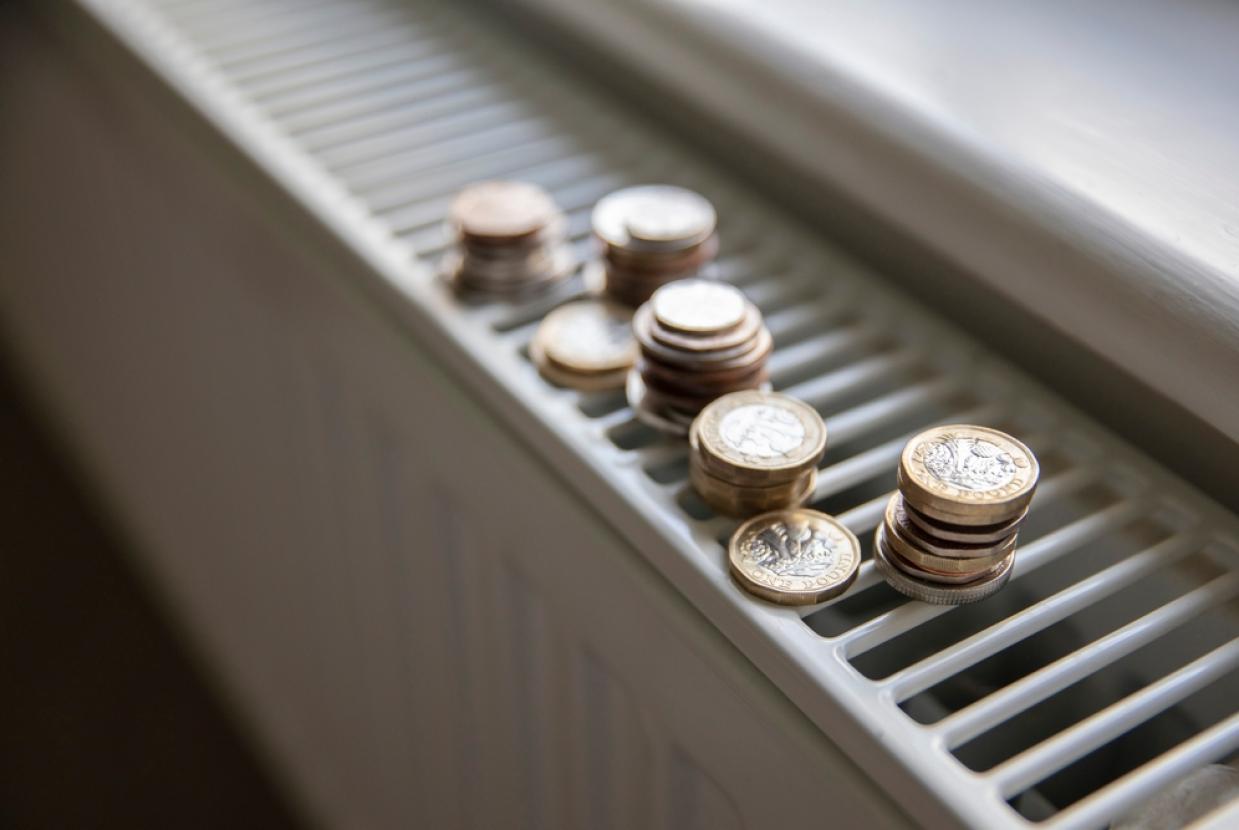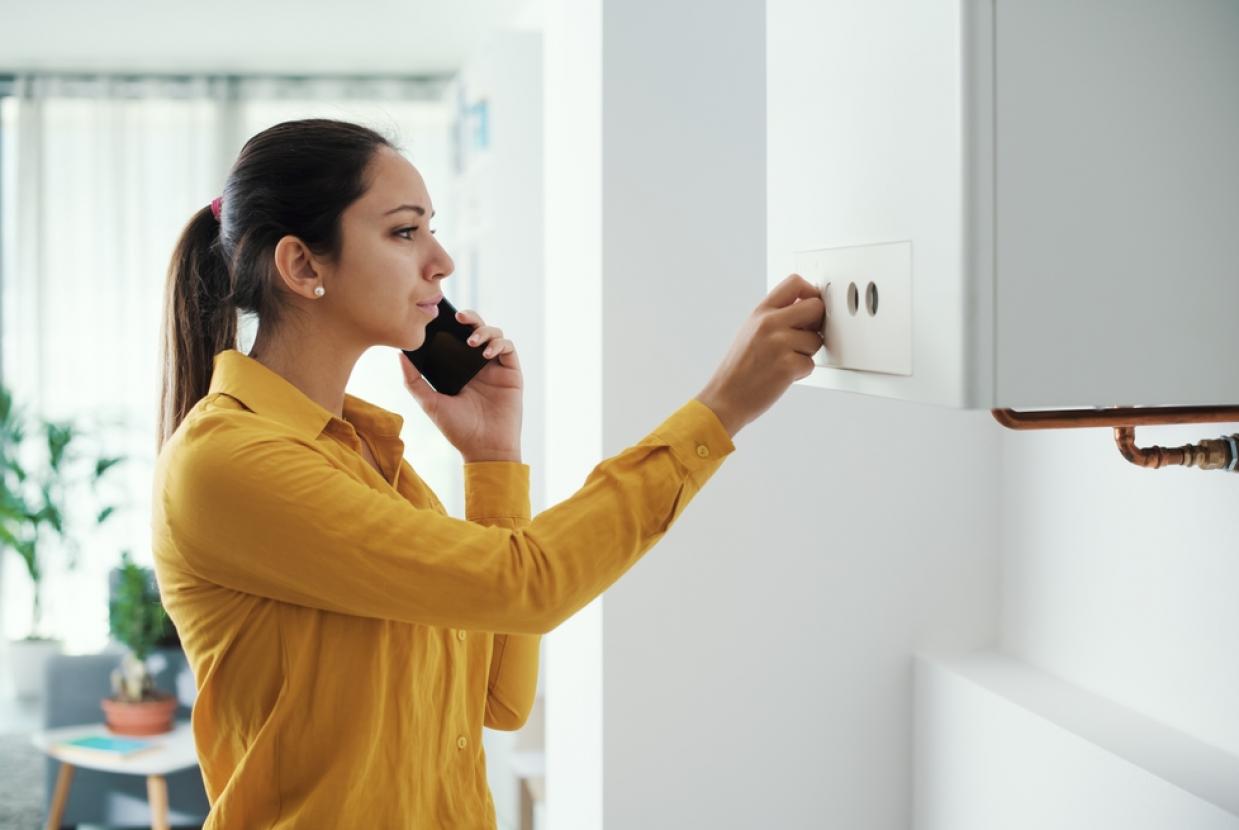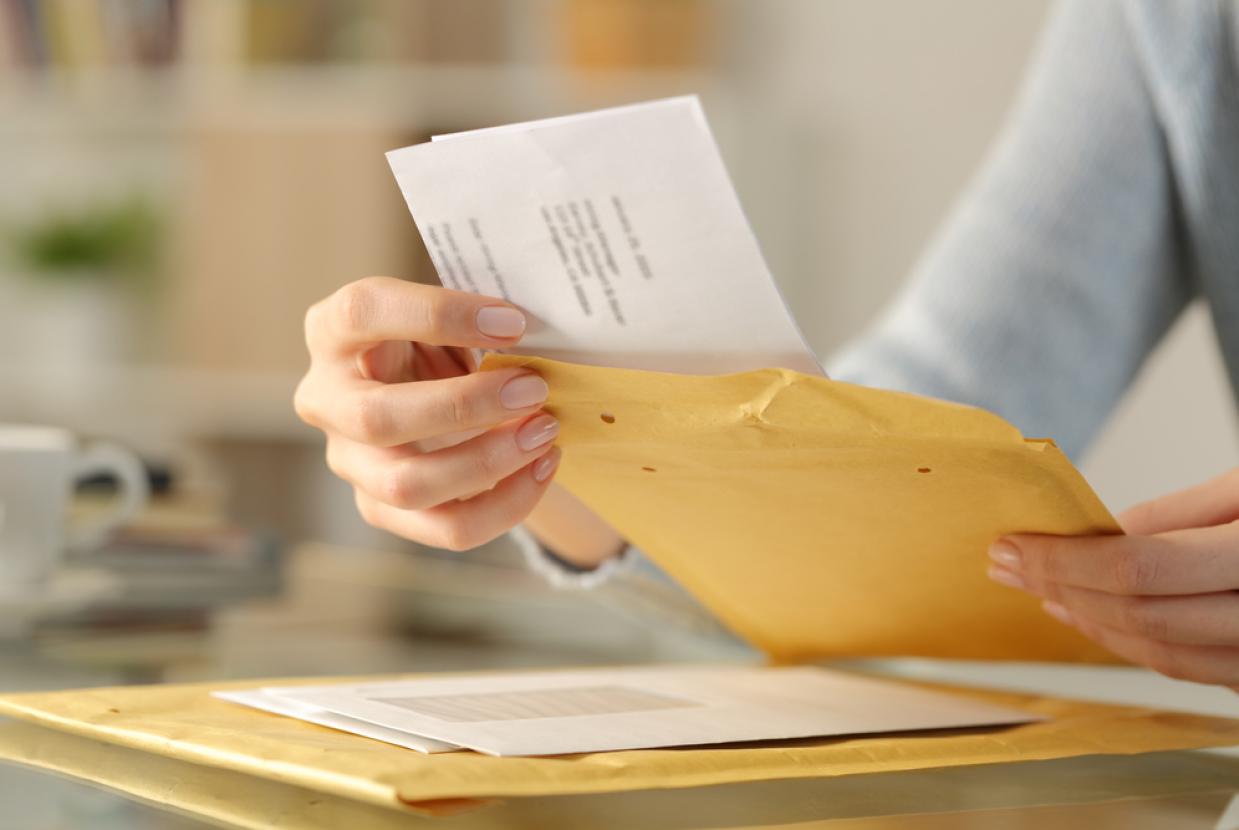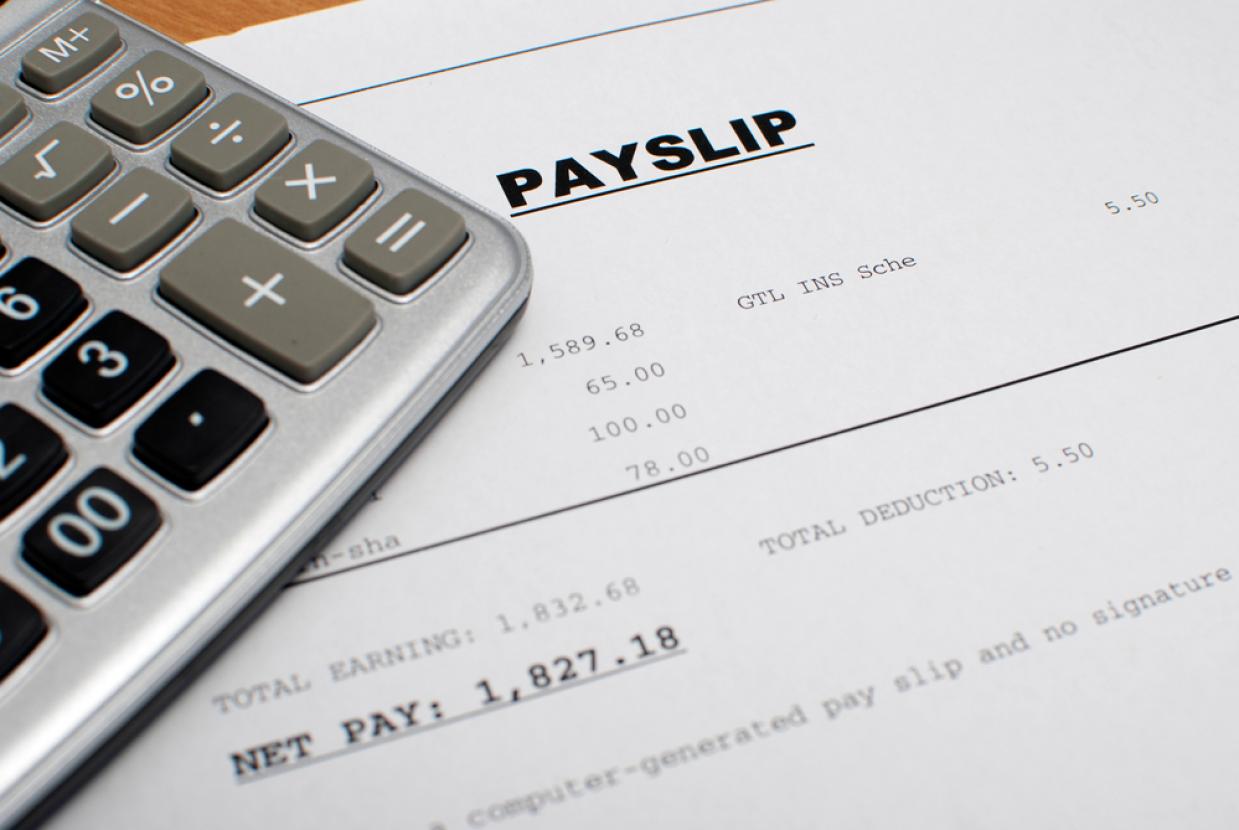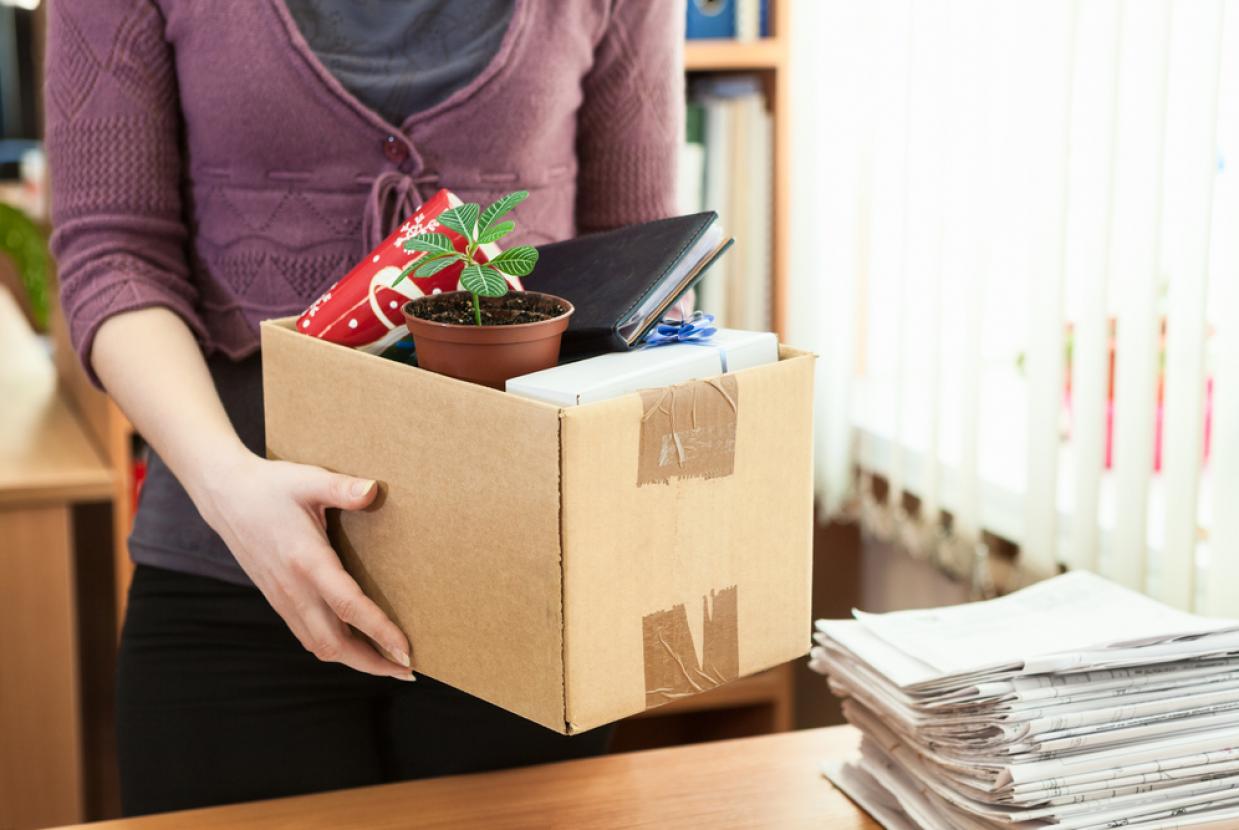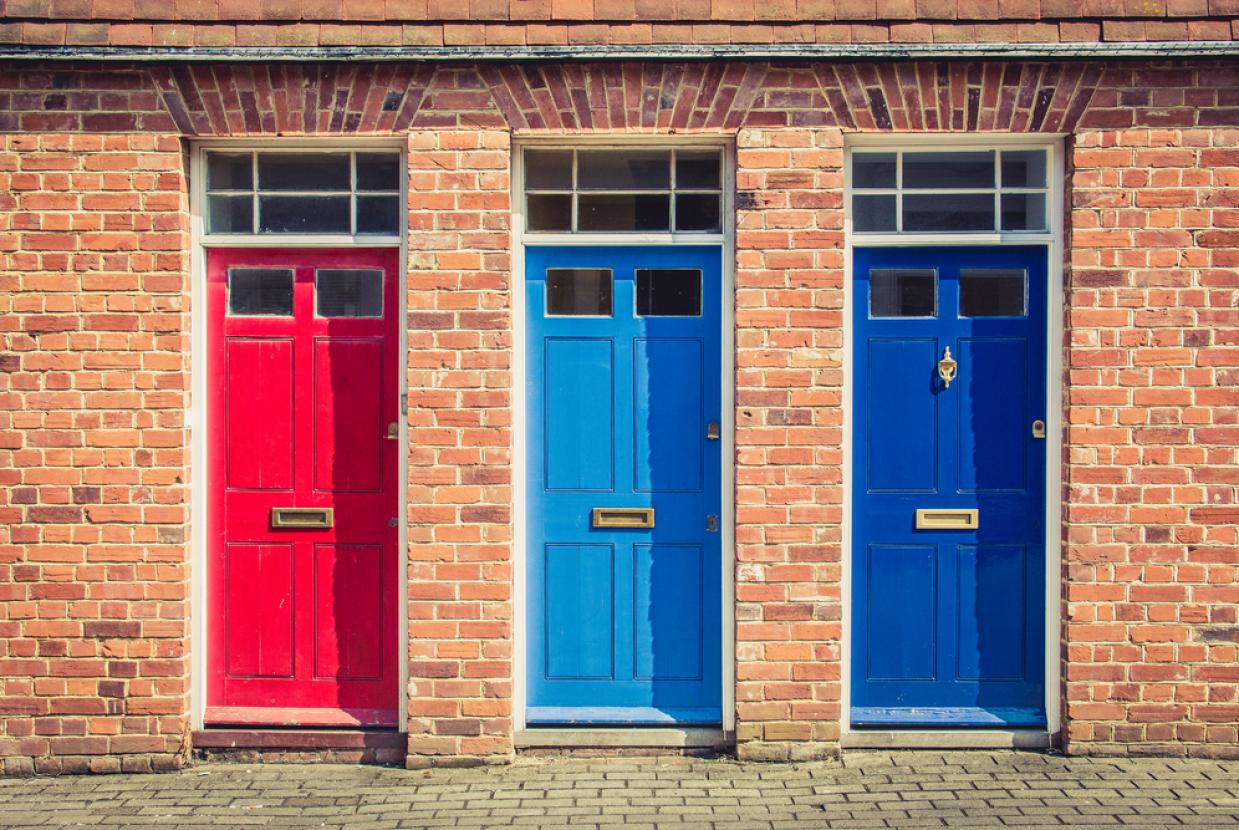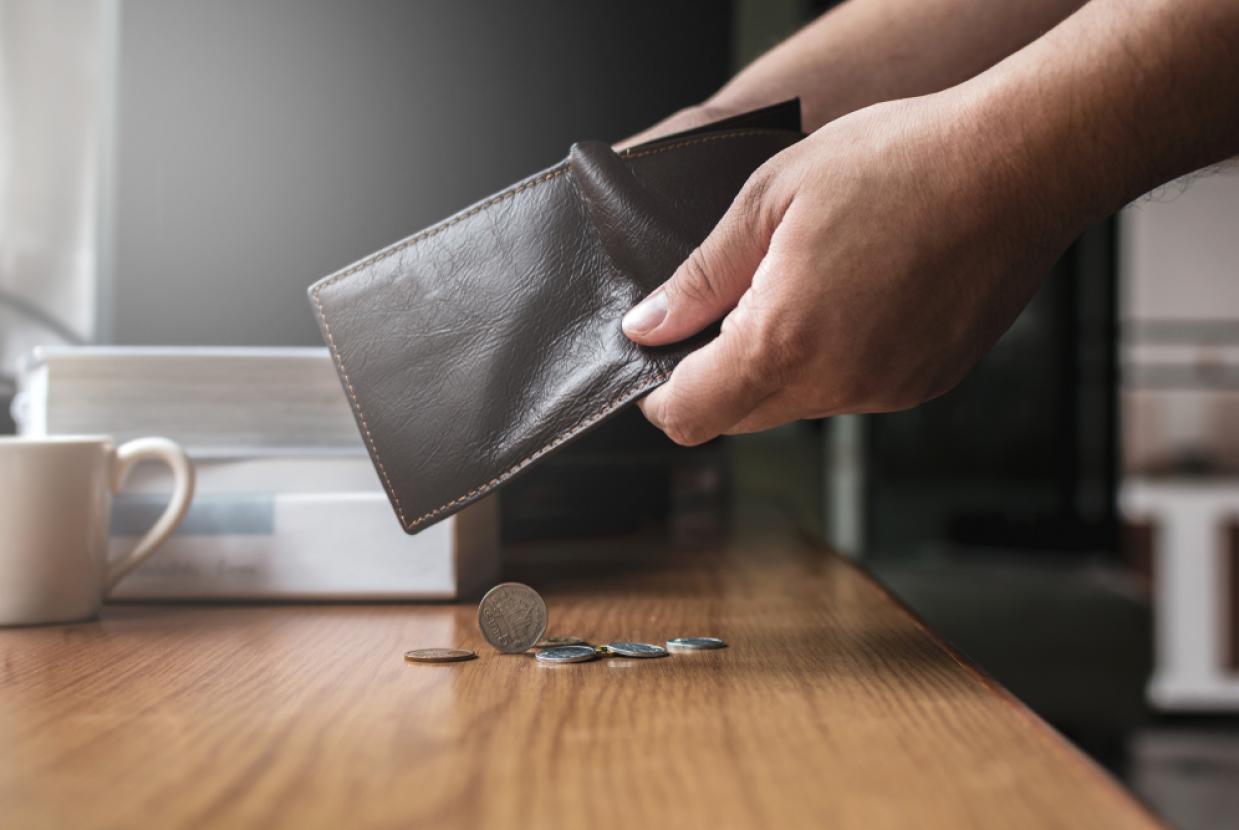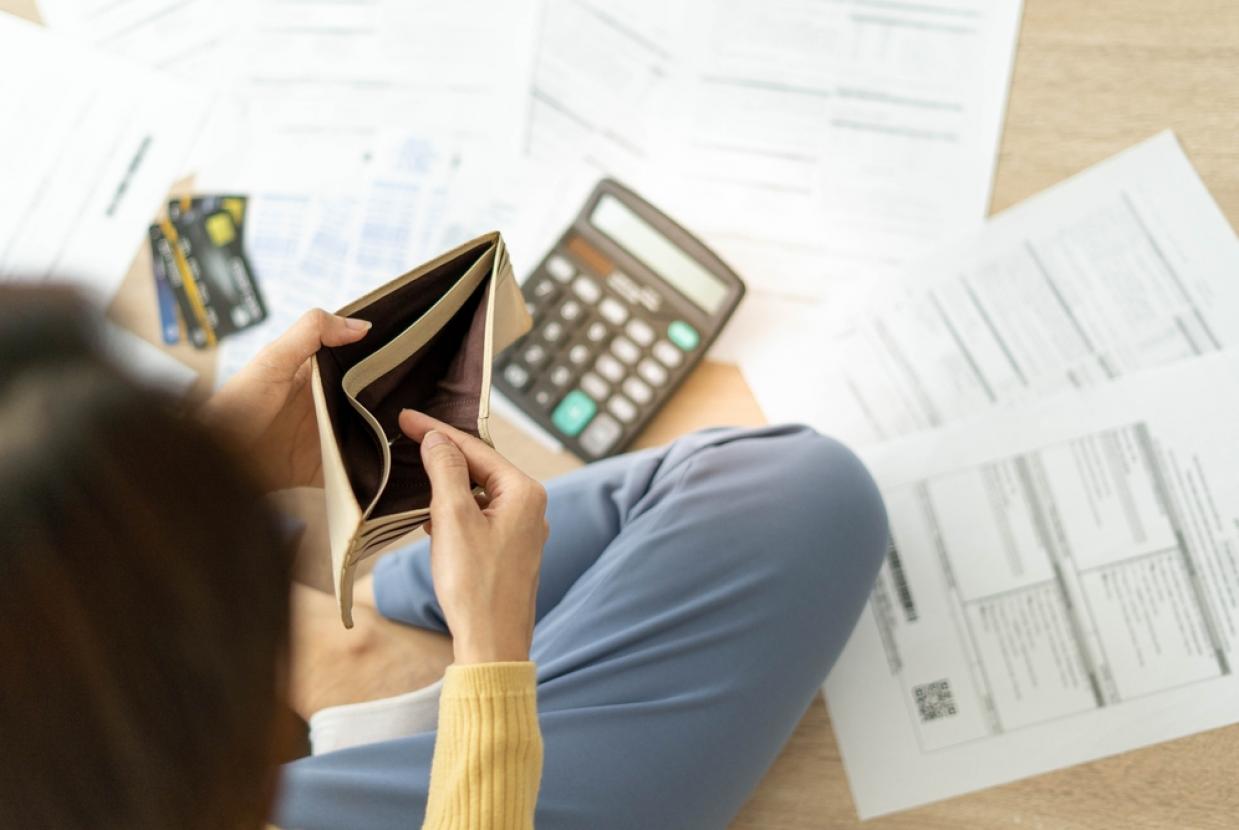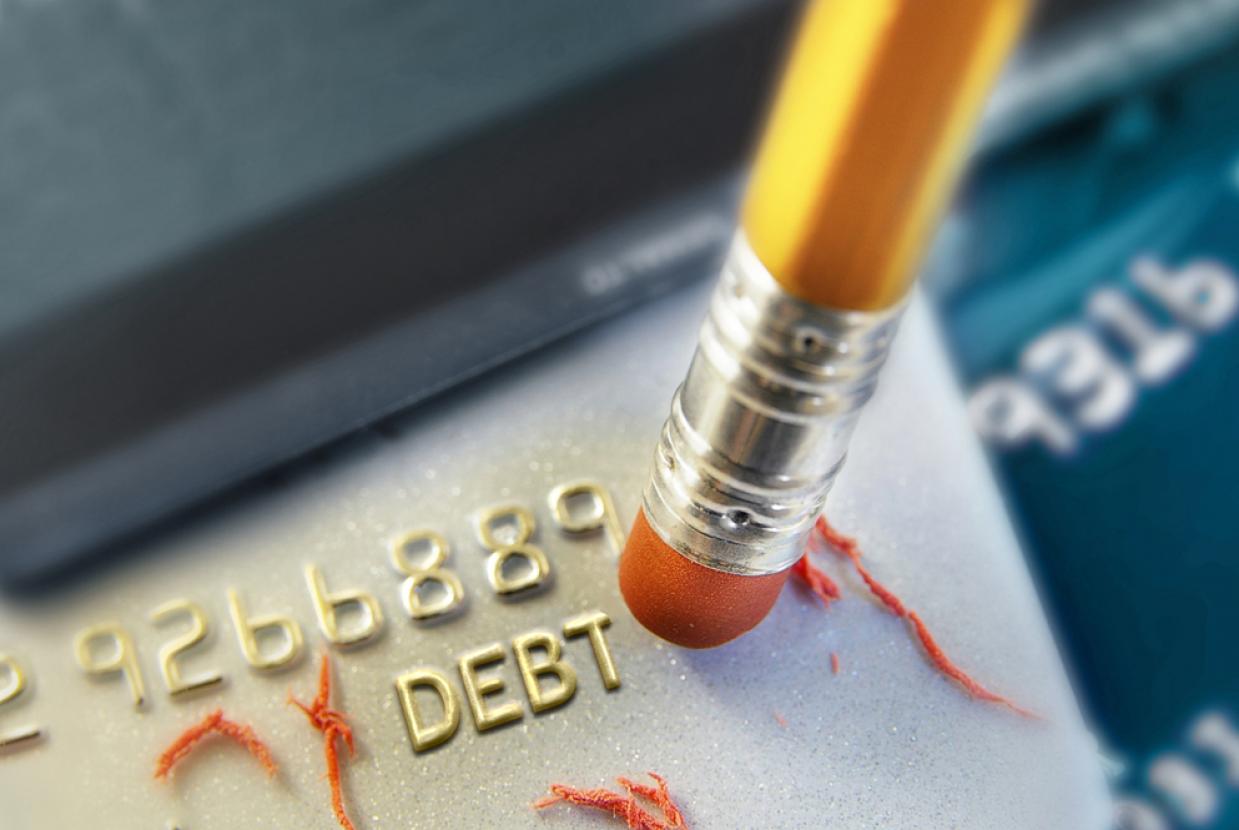Saving On Water
Unlike other household bills, you can’t switch to a different water provider – but you can still save. Here’s how to check if a water meter could get you cheaper bills, tips to reduce your water use and if you qualify for a low-income tariff.
Check if you can save by switching to a water meter (in England and Wales)
A water meter means you pay for the water you use, rather than paying estimated bills based on the size of your home. It’s free to switch to one.
First check your water bill to see if you already have one. All homes in England and Wales built after 1990 will have one, and many more will have switched.
Use a free water usage calculator
Generally, if there are fewer people living in your home than bedrooms, a water meter could save you money.
You can use the Consumer Council for water's calculator to see how much you'd pay if you had a meter installed.
How to switch to a water meter
If you can save, here’s how it works:
- Ask your water company to install a free water meter – you can normally apply online, by phone or by post. Water UK has a find your supplier toolIf you rent, it’s best to ask for the landlord’s permission first (you must ask if your contract is under six months).
- Your water company will visit to see if it’s possible. If it is, they should fit it within three months.
- You normally have twelve months to change your mind. If your bills are higher, ask your provider to change your bills back – they won’t take the meter away, but they will change the way you’re charged.
If it’s not possible to fit a water meter, such as being too difficult or expensive to install, you’ll pay an assessed charge instead. This is based on an estimate of the bill you would pay if a meter was fitted.
The Consumer Council for Water has more information about assessed charges.
Get extra help if you have a medical condition or large family
If you receive certain benefits and need to use a high amount of water, you might qualify for the WaterSure scheme. This caps your water metered bill if you have:
- a certain medical condition, or
- three or more children aged under 19 in full time education.
Contact your water company to check and apply. You can find their details using Water UK’s find your supplier tool.
You can also sign up to the priority services register. This tells your water company that you might need extra help, such as:
- help reading your water meter
- large print bills
- a nominated person to act on your behalf
- advance warning for when your water supply stops, or
- arranging an emergency supply if your water is cut off.
How it works in Scotland and Northern Ireland
If you live in Scotland, you’ll usually pay your local council for water. For those that don’t, you’ll already have a water meter. You can ask Scottish Water to install a water meter, but you’ll have to pay the installation costs (which can be expensive).
If you live in Northern Ireland, there are no domestic water charges – so you won't need a meter.
Tips for using less water
If you have a water meter, reducing how much you use will get you cheaper bills. Here are some ideas and estimated annual savings from the Consumer Council for Water:
- collect shower or bath water to water plants
- reduce your family showering time – five minutes less could save £280
- turn the tap off while you clean your teeth – saving £30 per person
- use a water butt to collect free rain water.
Order free water saving gadgets
Your water company might provide free devices to help you use less water, like special shower heads and taps.
MoneySavingExpert has information on how to check what you can get.
Check if you qualify for a low-income tariff
If you’re a low earner in England and Wales, you might qualify for your water company’s social tariff. This usually gives you a large discount on your bill, for example:
- 15% to 90% off, or
- capped annual bills – a fixed maximum amount for the year.
What you can get depends on your water company and their criteria. Some will let you apply if you earn less than a certain amount while others need you to be claiming certain benefits.
See details of your water company’s social tariff at the bottom of the Consumer Council for Water's site.
If you’re not sure who your supplier is, use Water UK’s find your supplier tool first.
What to do if you're struggling to pay your water bill
If you’re worried about paying your bill, ask your water company for help – ideally before missing a payment. For example, they could offer you:
- a payment holiday (sometimes called a payment freeze)
- an adjusted payment plan
- advice on benefits and managing debts
- help applying for charitable grants.
Is it worth switching to a water meter?
Step one - work out how you’re paying
There are two ways you can pay your water bill.
- You pay a set price per year - this is called rateable billing. How much you pay depends on your home – you can read more on the United Utilities website
- You have a water meter - this means you pay for the water you use.
If you’re not sure how you pay, you’ll be able to find out on your bill. Generally speaking, the bigger your home and the fewer people that live in it, the more likely you are to save money with a water meter.
Step two - work out if it’s worth switching
If you’re on rateable billing, you can choose to get a water meter instead. This can be cheaper, but it isn’t always. To see if it’s right for you, use a water usage calculator. You can use the calculator on the Consumer Council for Water website.
You’ll just need to estimate a few details about your water use – like how often you flush the loo – and it’ll show how much you could save compared to your current rateable bill. If your water use changes – maybe if your children leave home or you buy a washing machine – you might want to try the calculator again.
Tips for using less water
Once you have a water meter, depending on your supplier you might not be able to switch back to rateable billing, even if you think it would be cheaper.
In that case, you can save a lot by reducing your water use. And, as an added bonus, you’ll save on the oil, gas or electricity it takes to heat the water.
Pick up some free water-saving gadgets
If you’re on a water meter and looking to save water, there are free gadgets available to help you save. Check the CCWater website and find your water company to see what you’re entitled to.
Struggling to pay your water bill?
If your income has been affected by coronavirus and you’re worried about your future financial security, you might be anxious about not being able to pay your water bill or falling into arrears.
While your supplier can’t turn off your water supply if you miss payments, they can use court action to enforce repayment. However, there is help out there for you. Contact your water provider as soon as you think you might struggle and ask for support.
What should I do if I’ve missed payments on my water bill?
It’s important to pay – and not ignore – your water bill. Your water provider can’t turn off your water supply, but they will take action if you miss payments.
If you’ve missed more than one payment or are juggling other debts, it’s important you pay them off in the right order as some are more urgent and some lenders have more power than others.


